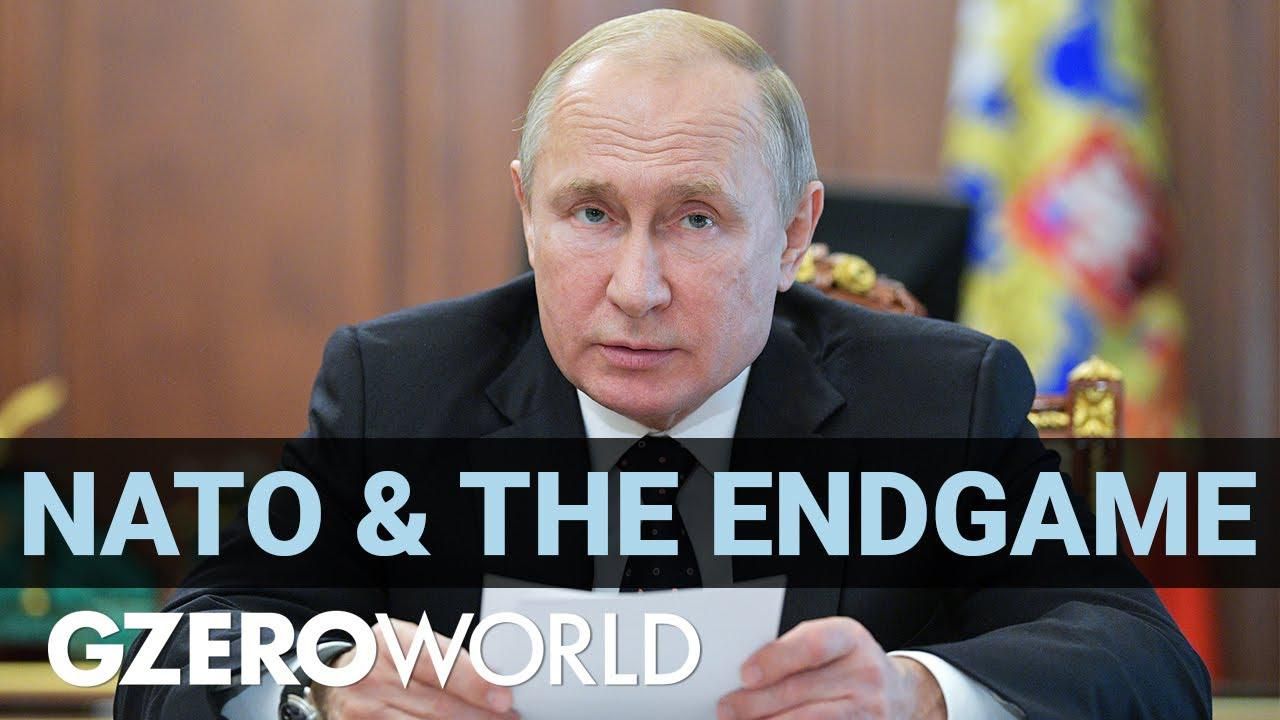
Is NATO stronger today than it was before Russia invaded Ukraine?
Certainly, former US State Department official Anne-Marie Slaughter tells Ian Bremmer on GZERO World, but now the tougher issue is how the alliance can say yes to Finland and Sweden but no to Ukraine, despite spending billions of dollars to help the Ukrainians fight the Russians.
"If you say yes to Ukraine, well, surely you have to say yes to Moldova and to Belarus and to Georgia, and then where are you?"
For his part, political scientist and Harvard professor Stephen Walt says that we need to look beyond just blaming Vladimir Putin for the war to think about what the endgame will be in Ukraine, and how that affects NATO's own future plans.
If the Western goal is to push a nuclear-armed power whose "ambitions are clearly being thwarted" to become weaker over time, then perhaps America will recognize that entails sending US troops.
Watch the rest of Ian Bremmer's conversation with Anne-Marie Slaughter and Stephen Walt on this episode of GZERO World: Hope as major crises intersect